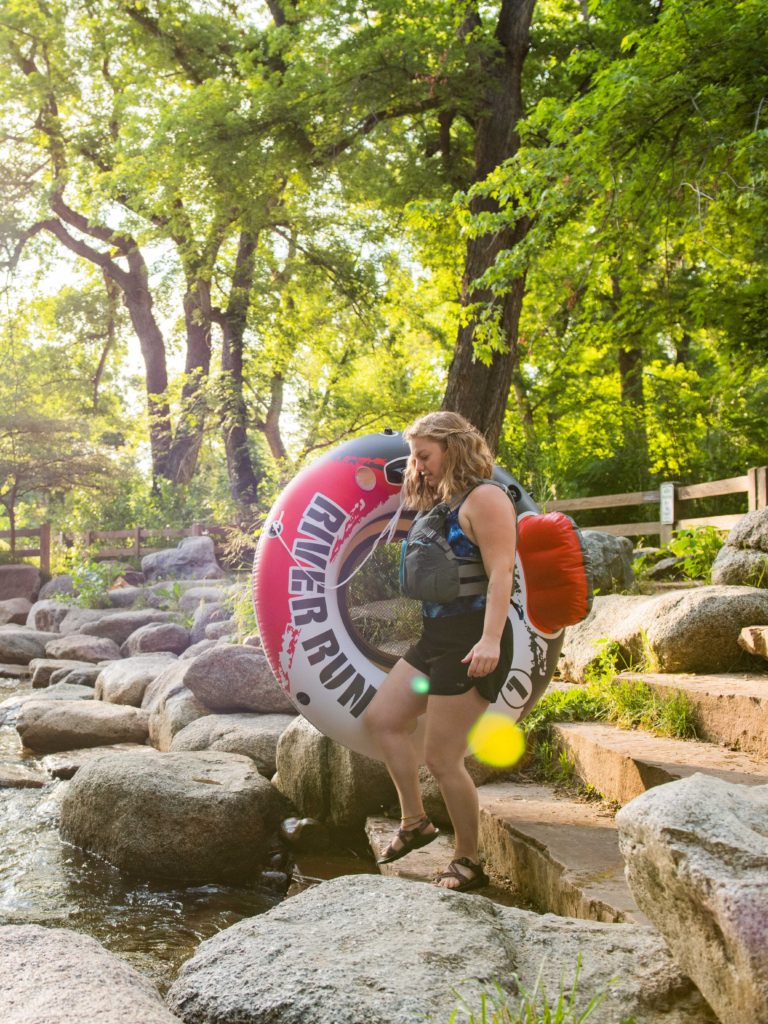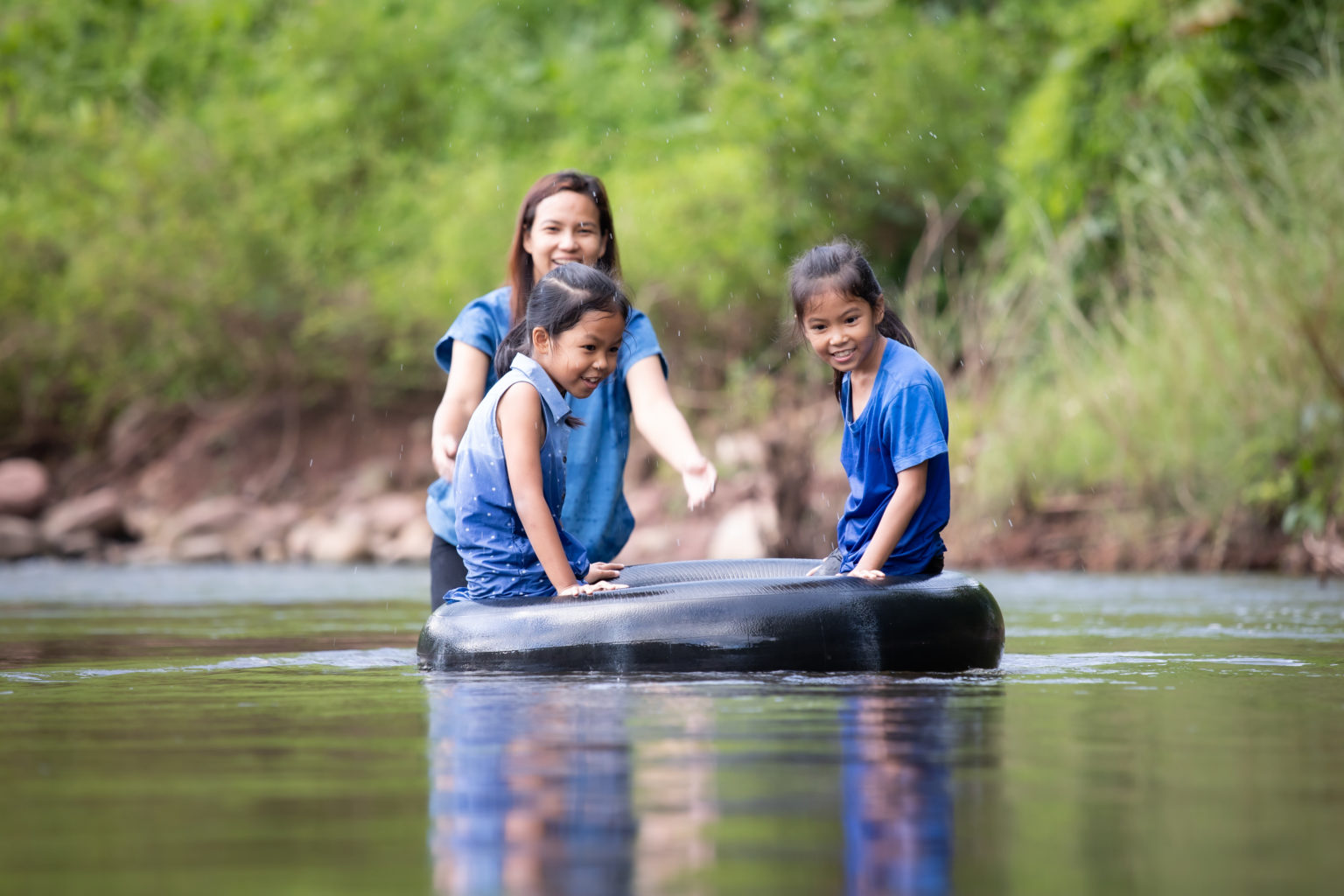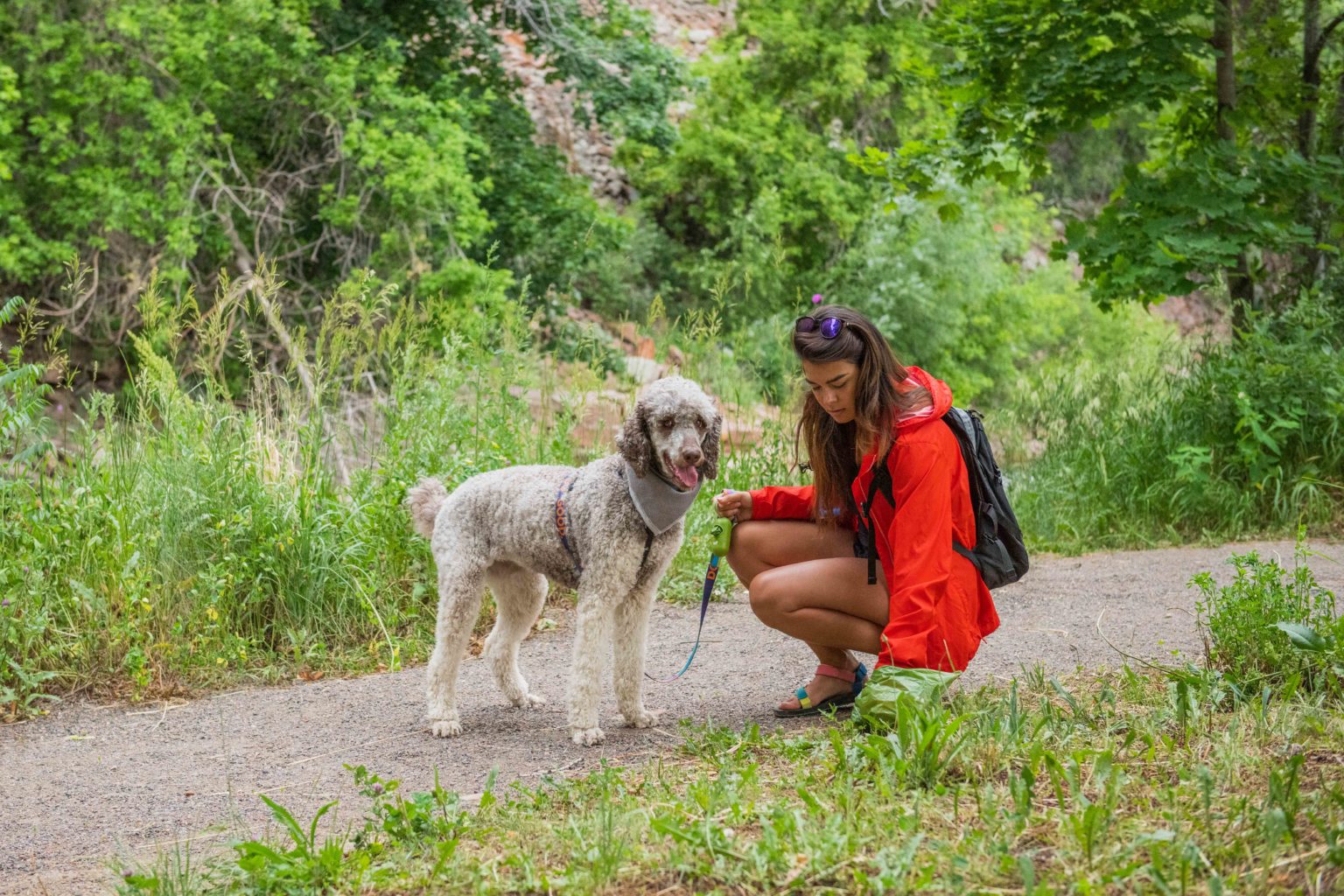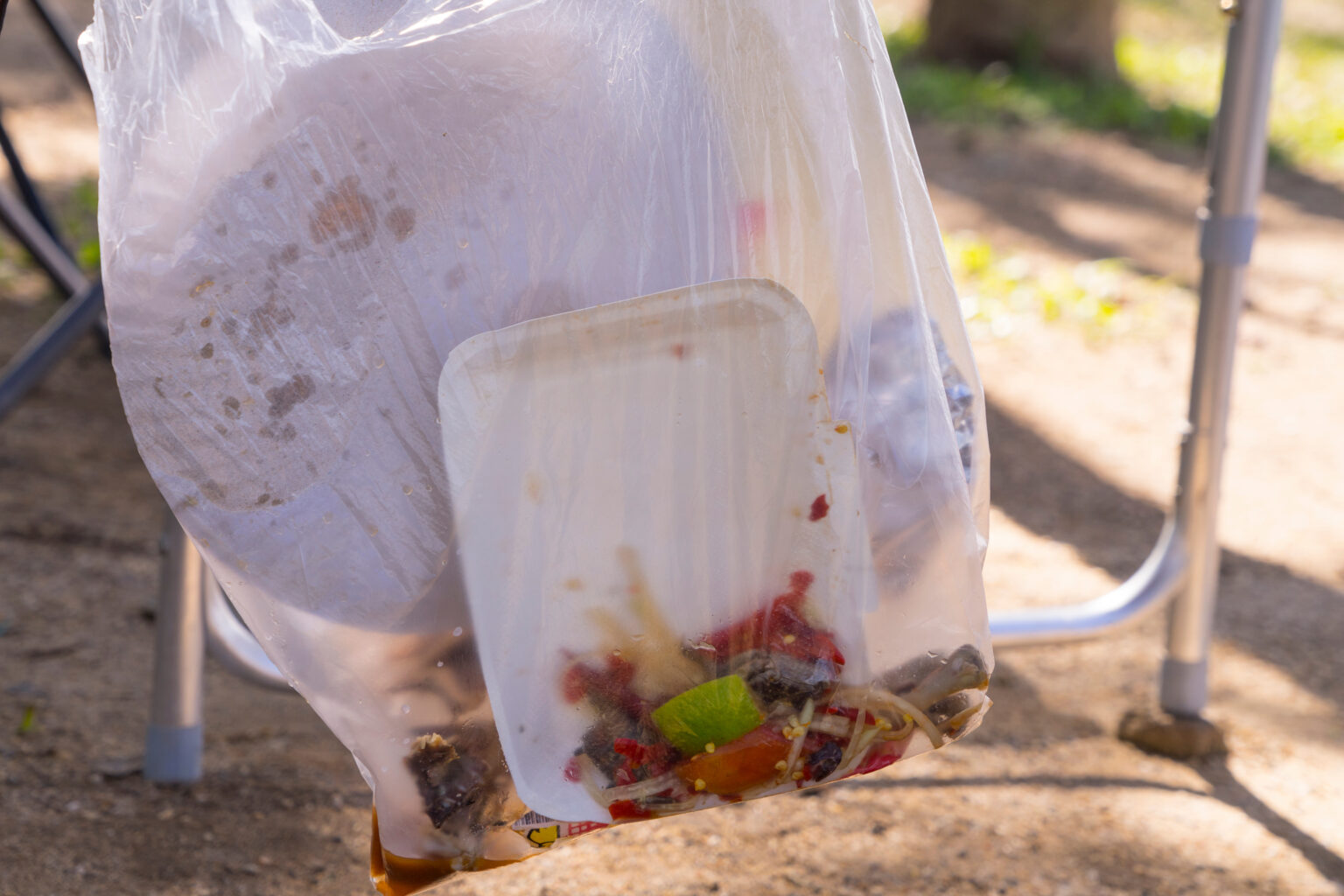
When swimming in lakes and creeks...
Avoid entering or playing in bodies of water that:
- Smell bad
- Look discolored
- Have foam, scum, or algal mats on the surface
- Contain or are near dead fish or other dead animals (for example, do not enter a body of water if dead fish have washed up on its shore or beach)
Algae Blooms
Take precautions when algae is present. Not all algae are harmful to humans or pets, but the best way to keep your family safe during an algae bloom is to:
- Keep out of the water, including children and pets.
- Avoid drinking the water. Ingestion of blue-green algae can cause gastrointestinal distress in humans.
- Avoid boating near or through algae blooms.
- Clean fish well and discard the guts appropriately.
- When in doubt, just stay out!
Bacteria
When wading or swimming in any natural water body you may be exposed to E. coli and other microorganisms. Below are some tips to help reduce the chance of illness resulting from E. coli exposure while swimming:
- Don’t get water in your mouth, eyes or open wounds.
- Stay out of the water if you are sick.
- Wash your hands and shower after being in the creek.
- Don’t swim within in 48 hours of a rainstorm.


